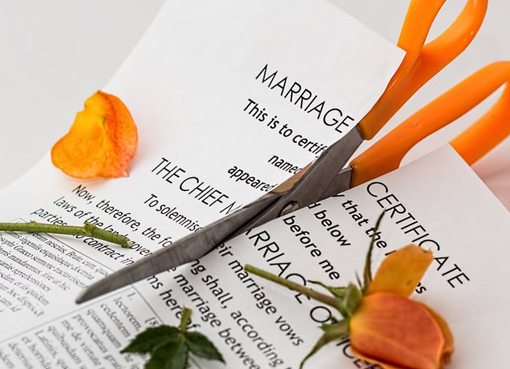
Social Security a Women Lifesaver
Social Security is a retirement, disability and life insurance program and if you’re a Woman, this can be a lifesaver in retirement. It’s not that women are more interested in a financially secure old age than men. Americans of both sexes rely on Social Security for critical support in their retirement years, but for a variety of reasons, it’s often women who depend on it the most.
- Longer lives – Women, on average, live longer than men. Without sufficient private retirement savings, this longevity can result in Social Security being the sole or majority source of income. The potential of running out of retirement savings is a problem that affects many retirees, but because of their longer life expectancy, more women end up counting on Social Security alone to support them.
- Smaller paychecks – Sadly women on average don’t earn as much as men. They often work in fields that are lower-paid than those where men predominate, and even in the same job women frequently earn less than a man does in the same position. Fair? Maybe not, but it’s a fact. That makes it harder to save for retirement and reduces pension benefits, where they exist. As a result, Social Security often forms a greater part of women’s retirement income than men’s.
- Fewer working years – Between raising children and caring for aging parents, women often take years out of their careers that men do not. While some men do choose to stay home with children or serve as caregivers for parents, it is far more likely that a woman will do so, statistically speaking. Since the formula that determines Social Security benefits is biased toward lower-earning workers, women get some protection from the hit they would otherwise take from a shorter work history.
- Less other retirement income – Men are more likely than women to have pensions through their jobs, and to have larger pensions than the women who do qualify (partly because of women’s shorter work histories and lower wages). Without this additional income in retirement, women tend to be more dependent on the benefits they receive from Social Security than men are.
Social Security shouldn’t be your only plan for retirement income, but whether or not it is supplemented by private savings, if you’re a woman, it’s a critical component. Having a plan with your spouse before taking benefits can make a huge difference in how much money is available in retirement. Sign up today to have your own customized Social Security plan www.socialsecuritybp.com or info@socialsecuritybp.com.
Not associated with or endorsed by the Social Security Administration or any other government agency.

